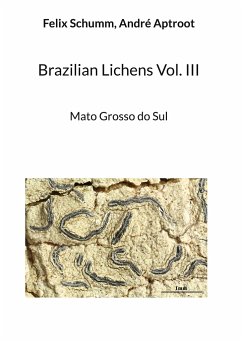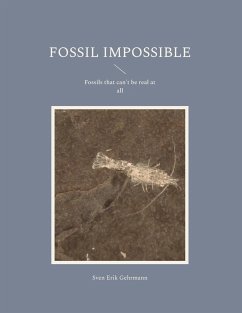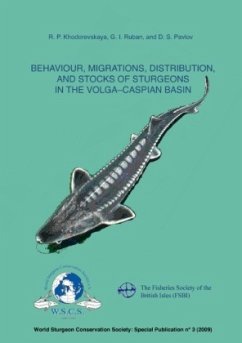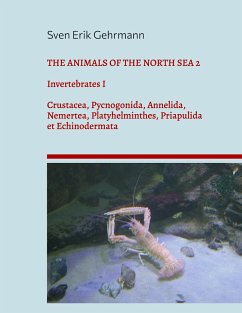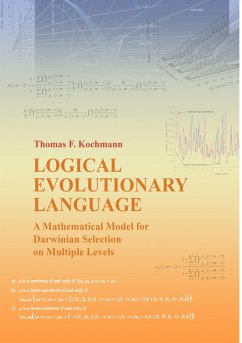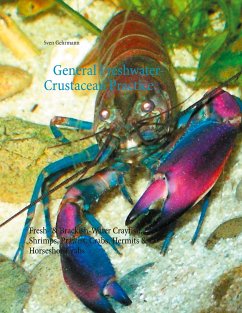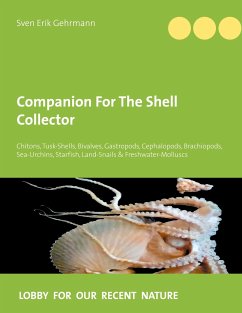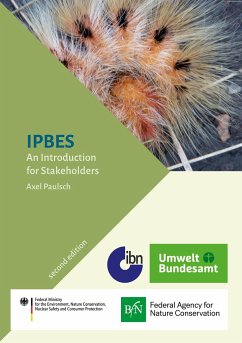
IPBES
An Introduction for Stakeholders: Second Edition

PAYBACK Punkte
0 °P sammeln!
This booklet was developed as part of an advisory assistance project by the German Institute for Biodiversity Network (ibn) as part of a capacity building project by the German Federal Agency for Nature Conservation and the German Environmental Agency through funds from the German Federal Ministry for the Environment, Nature Conservation, Nuclear Safety and Consumer Protection. It is an introduction to the Intergovernmental Science-Policy Platform on Biodiversity and Ecosystem Services (IPBES) for anybody who is interested in the structure, work and products of this platform. As IPBES is an ac...
This booklet was developed as part of an advisory assistance project by the German Institute for Biodiversity Network (ibn) as part of a capacity building project by the German Federal Agency for Nature Conservation and the German Environmental Agency through funds from the German Federal Ministry for the Environment, Nature Conservation, Nuclear Safety and Consumer Protection. It is an introduction to the Intergovernmental Science-Policy Platform on Biodiversity and Ecosystem Services (IPBES) for anybody who is interested in the structure, work and products of this platform. As IPBES is an active body and working permanently, any overview of products and ongoing activities can only reflect the status quo at a given point in time. This second edition of the booklet reports on the status of mid-2022, after the 9th plenary session of IPBES.






